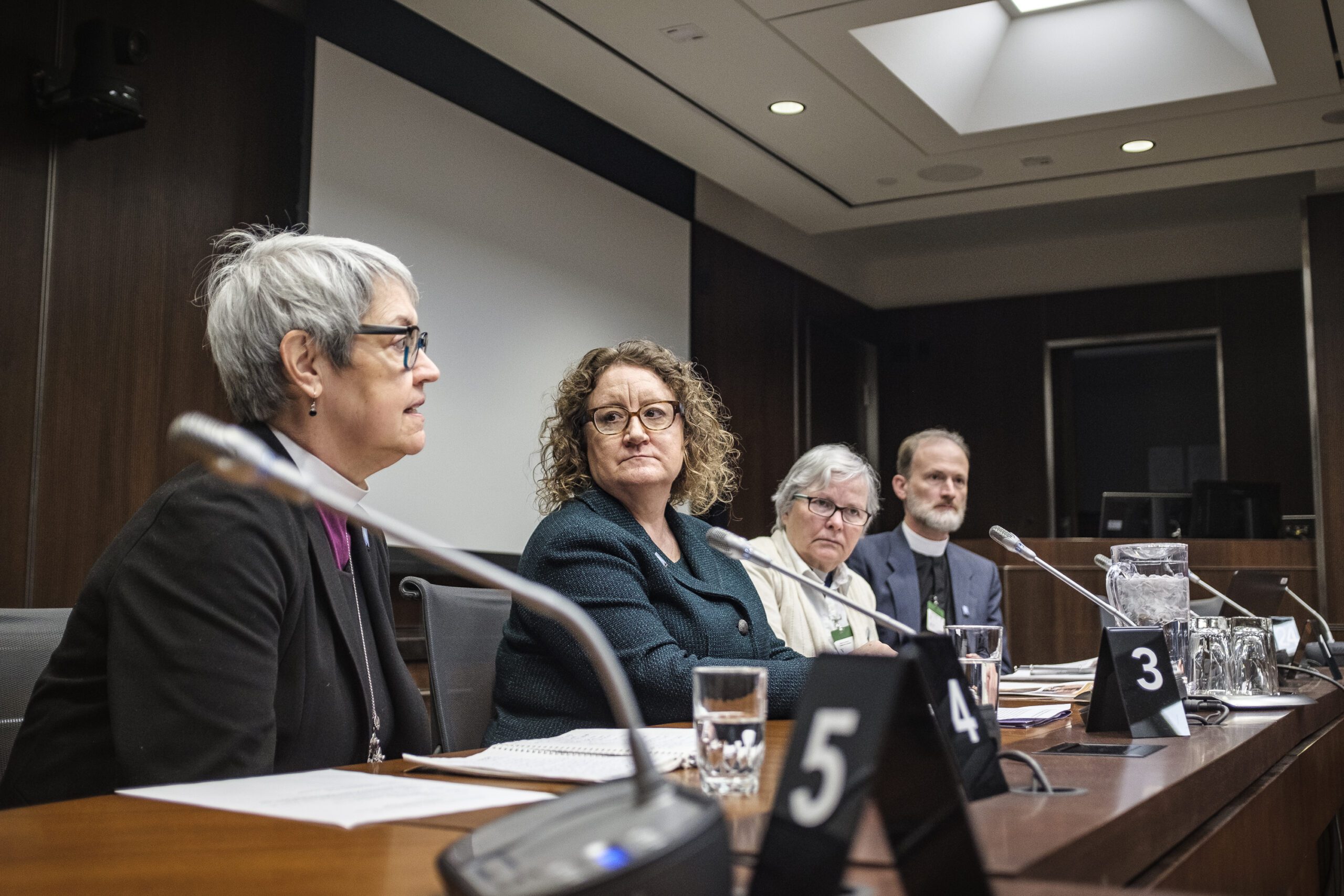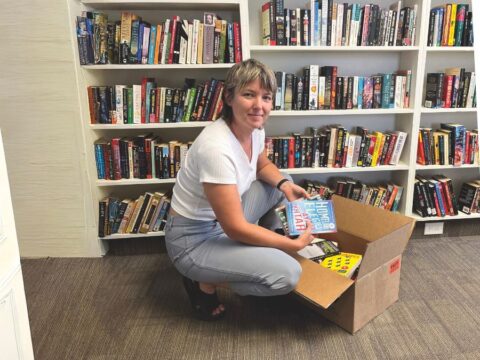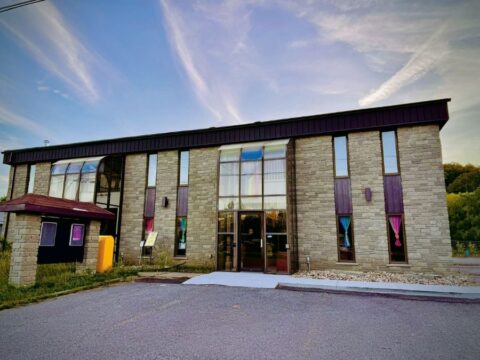As the Canadian government vies for a prized seat on the United Nations Security Council, an ecumenical group of church leaders is urging the government to address the ongoing humanitarian crisis in Palestine.
A delegation from KAIROS Canada, a faith-based foreign aid agency that comprised leaders from more than half a dozen Christian churches, travelled to Israel, the West Bank and Gaza last November to witness the effects of the ongoing occupation and blockades, and the conditions faced by women and children in particular.
You may unsubscribe from any of our newsletters at any time.
“It’s a very challenging situation that Palestinian people are facing right now, and we think there’s an opportunity for Canada to do a number of things, including showing leadership at the UN to support Palestinian self-determination,” says Lori Ransom, a reconciliation and Indigenous justice animator with the United Church of Canada.
On Monday and Tuesday, Ransom joined several other KAIROS delegates in presenting their findings to MPs, senators and their staff in Ottawa, hoping to press the government to take the lead on supporting efforts to promote peace in the region.
“The context of occupation is a relentless threat to these women and the work they are doing to build peace,” the report reads, in a stark account of the delegation’s findings. “They are surrounded by settlements. There is a constant presence of Israeli soldiers. Children and family members (especially young boys and men) are arrested, interrogated, tried, and detained under Israeli military law, often under military detention without charges.”
More on Broadview: A trip to the holy land taught us to bear witness to injustice
Five hundred to 700 Palestinian children are arrested every year, most for simply throwing a stone at an Israeli soldier, according to Defense for Children International – Palestine. One woman that the KAIROS group met had five sons in jail.
“You can imagine the frustration that wells up in people, going by soldiers every day,” says Ransom. “The child is ripped away from family, put on a military vehicle, and transported to the military court system. We’re suggesting that the [Canadian] embassy must appoint a special envoy to monitor and report on Israeli military interrogation and detention of Palestinian children.”
On Wednesday, delegates met with members of the all-party women’s caucus, including Sen. Mobina Jaffer, who has witnessed the occupation in Gaza personally.
“I used to go as a non-politician to Gaza,” says Jaffer. “I call it a cows’ pen. It’s the most degrading experience to go through [checkpoints], because it really completely takes your dignity away. […] The role we can play is in reconciliation, and we believe in the two-state [solution].”
KAIROS hopes that the Canadian government increases its funding for the United Nations Relief and Works Agency for Palestine Refugees (UNRWA) to $50 million per year, a figure that would put it in line with Norway’s contribution based on gross domestic product (GDP). Norway is one of the other countries vying for a seat on the UN Security Council. The organization also wants to see the Canadian government play a greater role in future peace talks, similar to the facilitatory role that Norway played in the Oslo Accords in the 1990s.
“Canada clearly has made a shift in its position, in a positive way,” says Rev. Andreas Thiel, Rector of St. Matthew’s Anglican Church in Windsor, Ont. But while Canada recently voted to recognize Palestinians’ rights to self-determination (a vote praised by KAIROS delegates, who were in the West Bank when the vote occurred), it has also passed sharp condemnations of the BDS movement (boycott, divestment and sanctions), a cause of which KAIROS and its member churches have been historically sympathetic, if not outright supportive. Canada also does not recognize Palestine as a state.
Several of the delegates on the trip draw parallels between the situation in the West Bank and Gaza and that of Indigenous peoples in Canada, and suggested that the experience of colonialism can help inform how the country can lead in Palestine.
“Given what we’ve been through, given what we have learned about healing and reconciliation and truth telling, there’s [experience] we can offer,” says Ransom, who is a member of the Algonquins of Pikwàkanagàn First Nation. “We’re not done yet with our work here, but we should also be able to grasp some things in a way that people in other parts of the world, who haven’t been through what we have been through, would never have thought of.”
Broadview is an award-winning progressive Christian magazine, featuring stories about spirituality, justice and ethical living. For more of our content, subscribe to the magazine today.















Gaza is controlled entirely by Hamas whose founding principles insists that the establishment of Israel is entirely illegal. Resisting Israel with all means violent and otherwise is a legitimate political and theological right of the Palestinian people. Hundreds of rockets continue to be fired into Israel from Gaza by Hamas. UNRWA is dominated by Hamas. Rockets have been stored at their facilities in UNRWA designated schools. Hamas terror tunnels have been dug in UNRWA medical clinics. Jihadi terrorism and anti-semitism is perpetuated by UNRWA teachers in Gaza according to 2017 reports by UN Watch. Hamas and not Israel is wholly responsible for the suffering of its own Palestinian people. So long as the Churches understand this as they seek to relieve the suffering of the Palestinians.
How is it possible to write an article about Israel and the West Bank which is missing the word “Jew”?
November 2024. Now that the world finally understands how Hamas the elected government of Palestinian people used UNRWA and our aid dollars to fund terrorism and teach their children to hate Jews. UNRWA will end when the ceasefire is achieved.